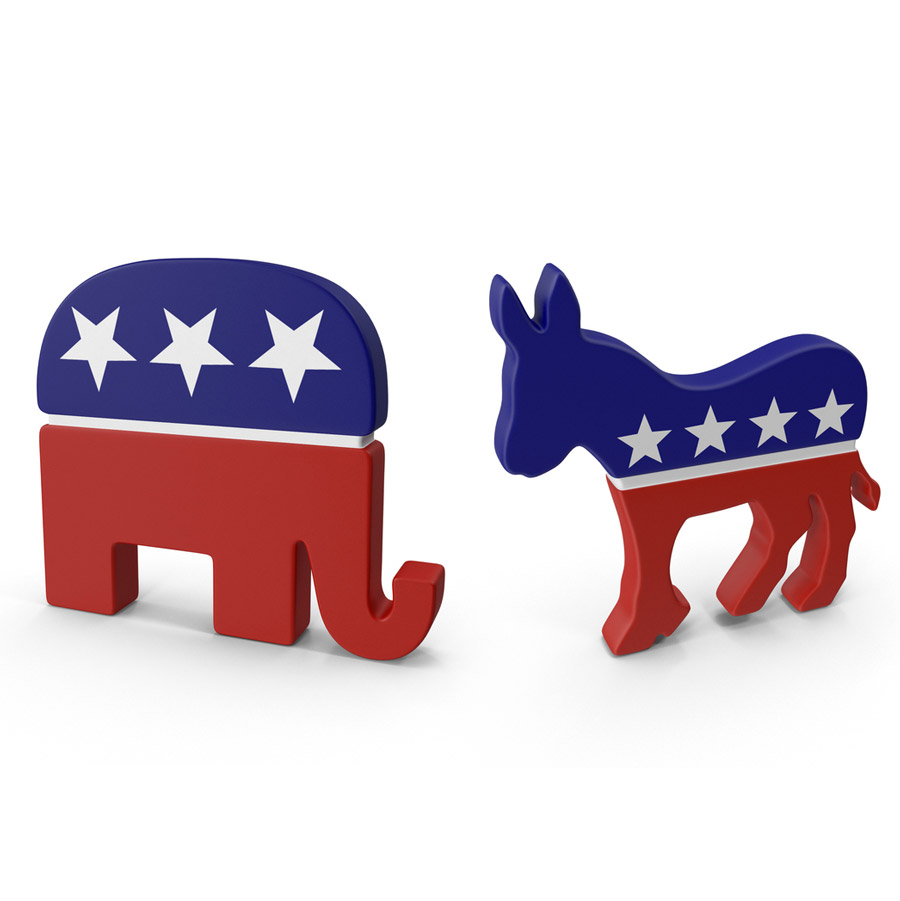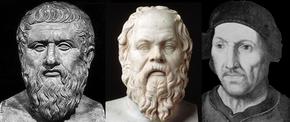The views expressed in our content reflect individual perspectives and do not represent the authoritative views of the Baha'i Faith.
Have you ever tried to fix something, and in the process ended up destroying it even more?
I think the irritation we feel at that moment can be likened to the frustration so many of us have about the current, seemingly insoluble political conflicts in our societies.
When a social problem arises, various groups make that problem a subject of political debate and intervention. It gets ensnared in other pre-existing problems, remains unsolved, and perhaps evolves into something even worse.
Politics is supposed to bring about justice and order. But once it becomes toxic, the means used to pursue justice and order only make matters worse. As political animosity deepens, the world needs personal acts of courageous love to make the public forum a space for justice and constructive-problem solving.
The writings of the Baha’i Faith say:
O people of Justice! Be as brilliant as the light and as splendid as the fire that blazed in the Burning Bush. The brightness of the fire of your love will no doubt fuse and unify the contending peoples and kindreds of the earth, whilst the fierceness of the flame of enmity and hatred cannot but result in strife and ruin. – Baha’u’llah, Tablets of Baha’u’llah, p. 88.
In the midst of strife and ruin, we must each learn how to use love to bring people together who would otherwise have nothing to do with each other.
 Since the very inception of my country, the United States, the nation’s politics has tended to divide the people between two factions. What those factions are and what they stand for has evolved over the past two centuries. But the fact that there are two of them has been roughly constant. Today, we have the Republican and Democratic Parties, with their ideologies of conservatism and progressivism respectively. They are locked in combat, polarized in their positions, and the points of agreement between them grow smaller every year.
Since the very inception of my country, the United States, the nation’s politics has tended to divide the people between two factions. What those factions are and what they stand for has evolved over the past two centuries. But the fact that there are two of them has been roughly constant. Today, we have the Republican and Democratic Parties, with their ideologies of conservatism and progressivism respectively. They are locked in combat, polarized in their positions, and the points of agreement between them grow smaller every year.
Each side is not just defined by what it stands for, but also what it stands against. When the political parties lose confidence in their own principles and policies, as they have recently, they place more emphasis on opposing the other side. In many respects, if the other side is for some policy, the correct position of one’s own side should be against it. The merits of the policy are a much lower priority. This is the definition of toxic politics—the political process itself becomes a machine for producing partisan conflict and strife.
Let’s take the response to climate change as an example.
When it was first discussed politically in the 1980s, people from all political perspectives showed concern about the issue, wanted to learn more, and seemed willing to do something about it. Many people weren’t aware or didn’t care, but they were well-distributed between both parties. Over time though, political polarization took its toll. Both sides fed the issue through the partisan machine again and again. Each time it came through that machine, themes of political identity became more prominent in determining the behavior of politicians and ordinary citizens. The purely scientific issue became a political football, which guaranteed conflict and contention.
This apparently toxic means of pursuing a just and well-ordered society instead only contributes to the existing injustice and disorder. Getting involved in that kind of politics doesn’t solve the problems we need to address. Because of the way it is conducted, it seems to pull us even further away from enacting effective solutions.
If we want to make real progress, we must learn how to disengage in some respects, so that we don’t become engulfed in the mind-numbing cycle of outrage and opposition, but do engage in other ways, to try to build bridges between people, and to try to turn our attention to the noble aspirations we have in common.
When political questions come up in conversation, then, we should try to relate to each other as individuals, rather than as members of a faction or a party. Those factions will never love each other. But individuals with different perspectives can have warm respect, affection and fellowship. Even if they don’t become friends, recognizing each other’s humanity can mark an enormous contrast with the way political disputes play out in the society at large.
Here’s another angle to think about: if there is some social goal you cherish, which outcome is more likely? That if you crush them, you can get what you want? Or that through your words and actions, that individual’s opposition might soften?
Nineteen times out of twenty, I’d say the second option is more likely. That right there should be a good enough reason not to imitate the mud-slinging in the political arena.
The Baha’i Faith teaches that unity is not just an enjoyable goal—it is also the most powerful means of addressing unresolved issues in society.
What we do personally has an effect. Do we go with the flow and contribute to the degeneration of public discourse? Or do we make a principled stand for love, unity and fellowship? Will we sleepwalk into the politics of mindless opposition and sabotage? Or will we work to turn the public sphere into a space for the promotion of justice and order?

















Comments
Sign in or create an account
Continue with Facebookor